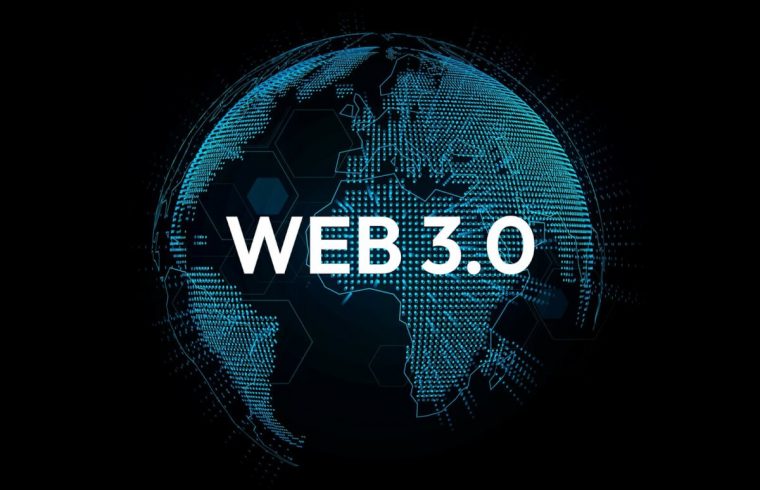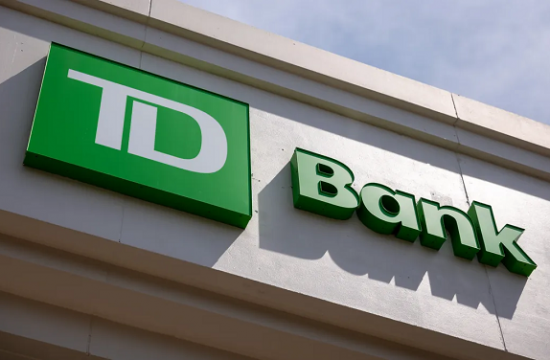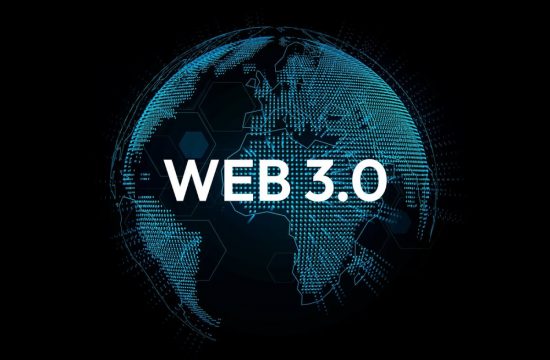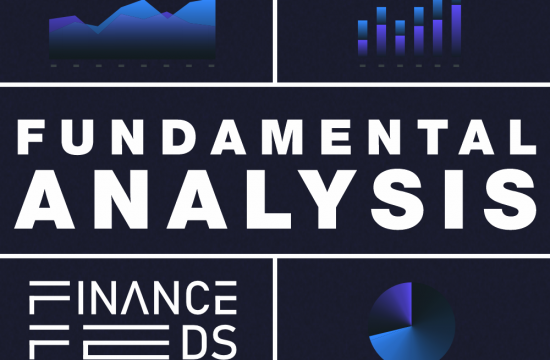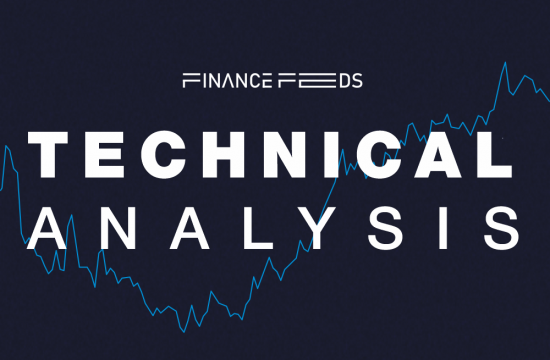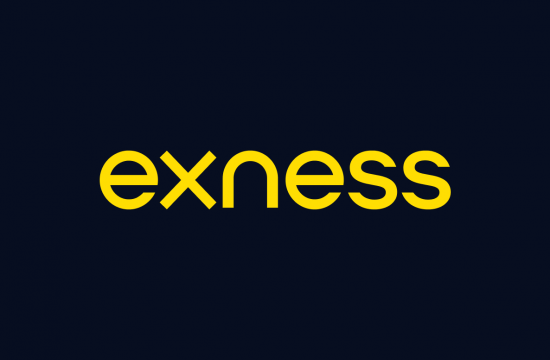For startups looking to bring their innovative ideas to life, securing funding is a must. Where web3 founders are concerned, there are a number of options available with the majority tending to follow the well-worn VC path. That is to say, they conduct a pre-seed/seed round with a view to attracting investment from resource-rich firms and angel investors, who inject capital in exchange for equity, tokens, or a combination of the two.
Although this model has undoubtedly helped to launch a panoply of successful projects, it’s not without its downsides. Indeed, the ruthless profiteering mentality of venture capitalists is often at odds with the vision and goals of web3 founders, many of whom are hardline DeFi maximalists. Moreover, many founders find themselves surrendering more control than they’d like in such deals, leading to a misalignment of interests that can limit a project’s ability to deliver on its promises.
VC backing can also exaggerate fully diluted valuations (FDVs), sparking early liquidity sell-offs and trapping supporters and secondary-market investors with devalued tokens.
Alternative Models for Web3 Growth
As mentioned, the web3 landscape is home to several alternative funding and growth models which more closely align with the principles of DeFi entrepreneurs. These programs offer a more holistic approach to startup growth and, beyond capital, provide fledgling projects with mentorship, training, networking opportunities, and access to resources.
Two of the most popular fundraising methods for web3 projects are incubators and accelerators. While many people use the terms synonymously, incubators focus on helping early-stage startups bring their ideas for products and services to life. Accelerators, on the other hand, scale projects that have already achieved a product-market fit or minimum viable product (MVP).
In both cases, founders can expect to retain a greater degree of autonomy than would be expected by going down the typical VC route. However, it is rare for accelerators or incubators to offer the kind of big-ticket funding that VCs are capable of.
Crowdfunding platforms and Initial DEX Offerings (IDOs) represent another, more democratic approach to fundraising, letting projects access capital directly from communities who have a passion for the venture as well as a financial stake in its success. However, even these models are fraught with risk. Projects listing on DEXs, for instance, can provoke savage price fluctuations that cool the interest of investors who might otherwise board the bandwagon for the long haul.
Orbitt PAD: A Holistic Approach
Recently, Orbitt PAD has emerged as a launchpad solution for Solana-based projects who want to progress successfully through their roadmaps. Operating under the aegis of Orbitt, a dedicated Solana platform for traders, creators, and innovators, Orbitt PAD offers a unique blend of community support, comprehensive marketing services, and ecosystem exposure, the better to ensure a smooth and impactful launch.
Rather than pursue an open-season approach by trying to entice VCs operating across multiple networks, Orbitt Pad connects audited projects with a network of serious Solana-focused investors. Projects also benefit from exposure to the wider Orbitt Community and its partner networks, opening doors to collaborations, grants, hackathons, and more.
While some launchpads care little for the quality of projects they support, Orbitt has pledged to spotlight only the finest Solana projects. To this end, its team meticulously vets each candidate to ensure it has the best prospects of success and brings healthy returns to holders of $ORBT, the token powering the entire Orbitt ecosystem.
The brain trust of Orbitt PAD describes it as a “holistic support system designed to propel projects from inception to launch.” A comment that’ll be music to the ears of ambitious project founders.
The Future of Web3 Funding
With the continued evolution of the crypto industry, new and innovative models for funding and growth will certainly come to the fore. As things stand, however, there is a noticeable shift towards founder-friendly, community-driven approaches that contrast with the monopolistic model favored by most VCs.


